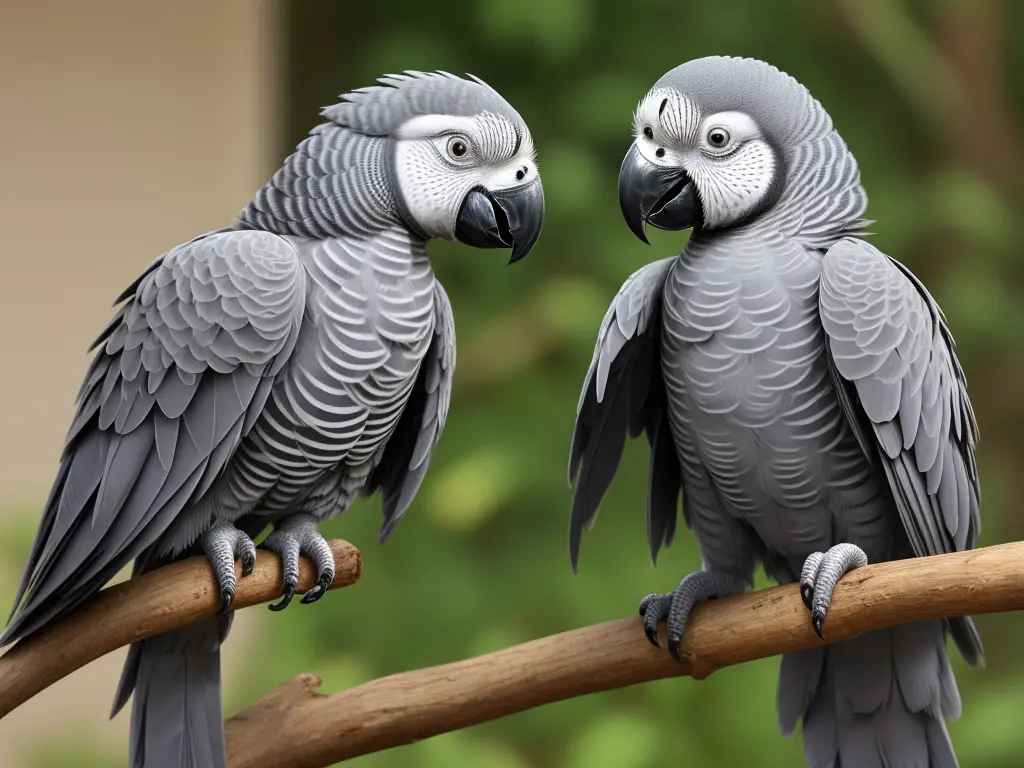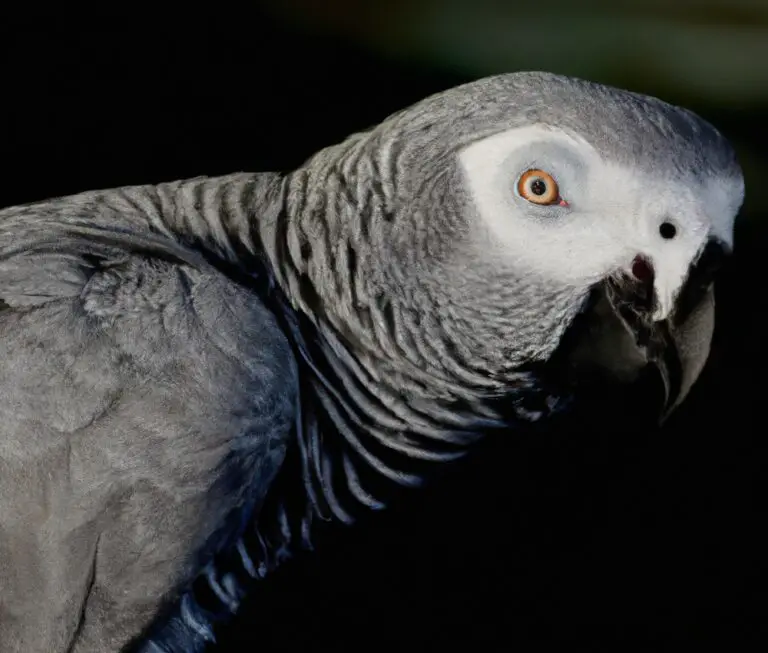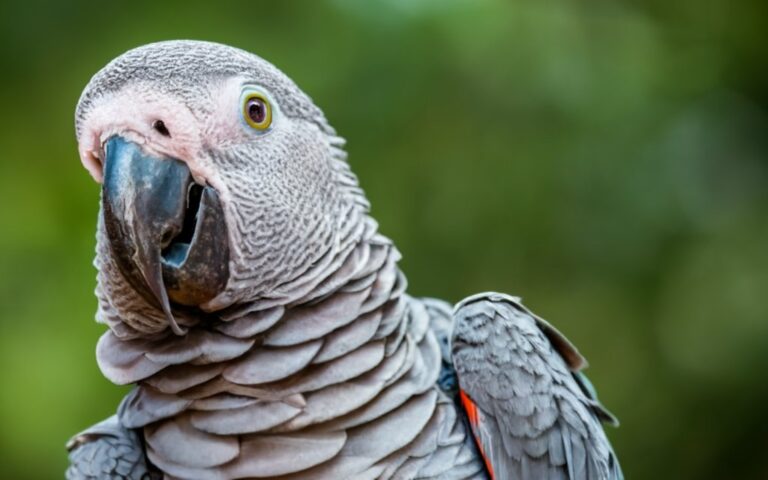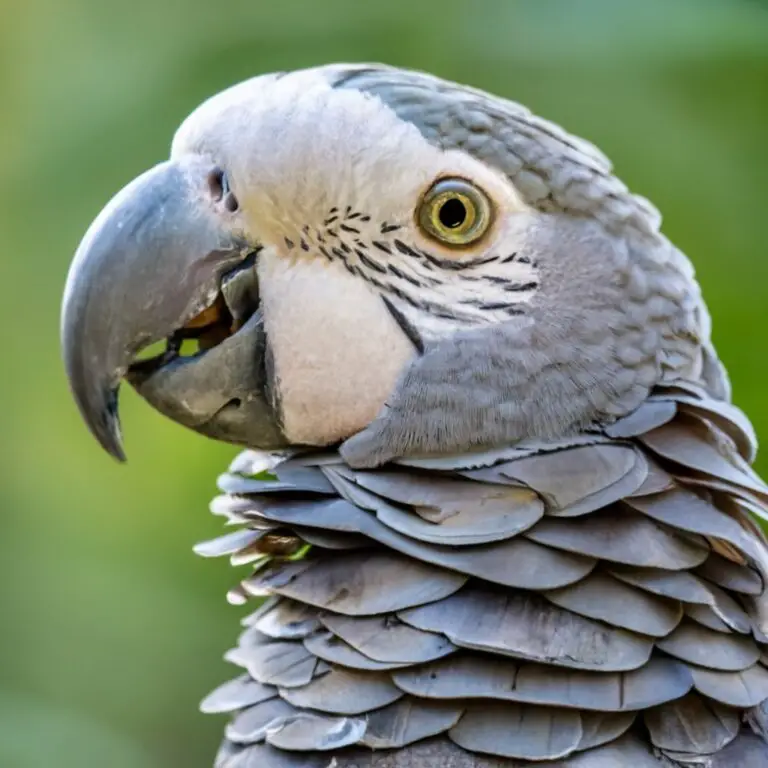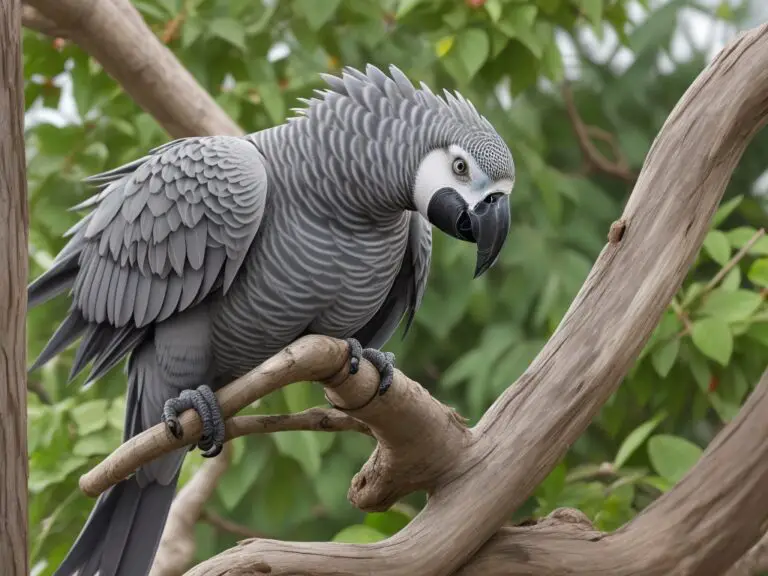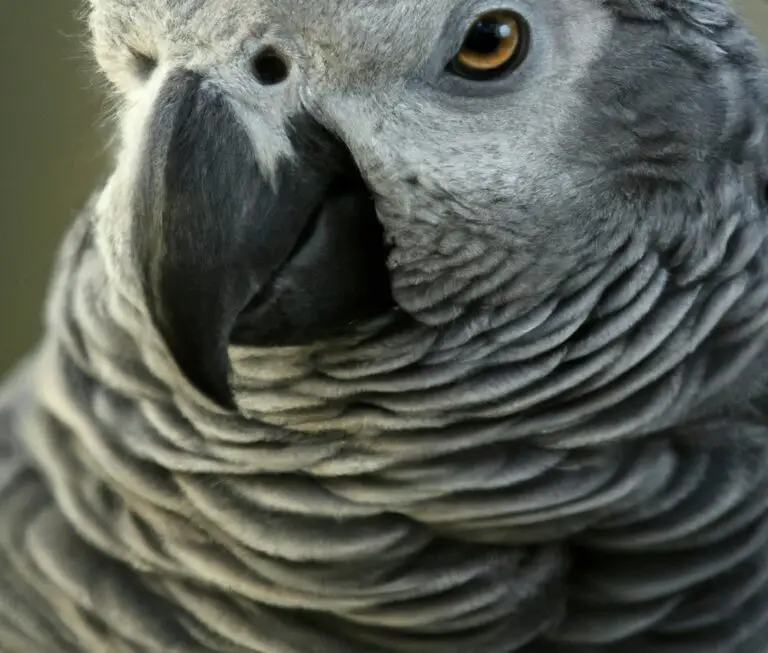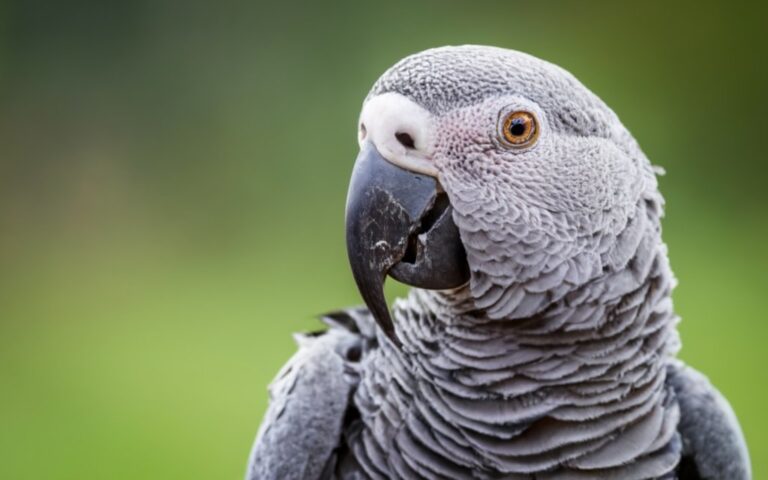Can African Grey Parrots Eat Watermelon?
Key Takeaways:
- African grey parrots can safely eat watermelon in moderation.
- Watermelon should be seeded and cut into bite-sized pieces for the parrots.
- Watermelon can provide hydration and a variety of nutrients for African grey parrots.
- It is important to monitor any signs of digestive issues when introducing new foods to parrots’ diet.
Are you curious to know if African grey parrots can enjoy the deliciousness of watermelon? Well, you’ve come to the right place! As an avid parrot lover myself, I understand the importance of providing our feathered friends with a balanced and nutritious diet.
In this article, we’ll dive into the world of African grey parrots, their dietary requirements, and explore whether watermelon is a safe and suitable fruit for them.
So, grab a slice of watermelon and let’s get started on this juicy adventure!
| Question | Answer |
| Can African grey parrots eat watermelon? | Yes |
About African Grey Parrots
African Grey Parrots are known for their intelligence and ability to mimic human speech.
They are native to the rainforests of West and Central Africa.
Physical characteristics
African Grey Parrots are medium-sized parrots with a distinctive grey plumage.
They have a short, square tail and bright red or maroon-colored tail feathers.
Their beak is black with a light patch on top.
They have white irises encircled with a narrow strip of dark grey.
African Grey Parrots have a large head and a powerful beak that they use for cracking nuts and seeds.
They also have strong legs and feet for perching and climbing.
Overall, they are beautiful birds with unique physical features.
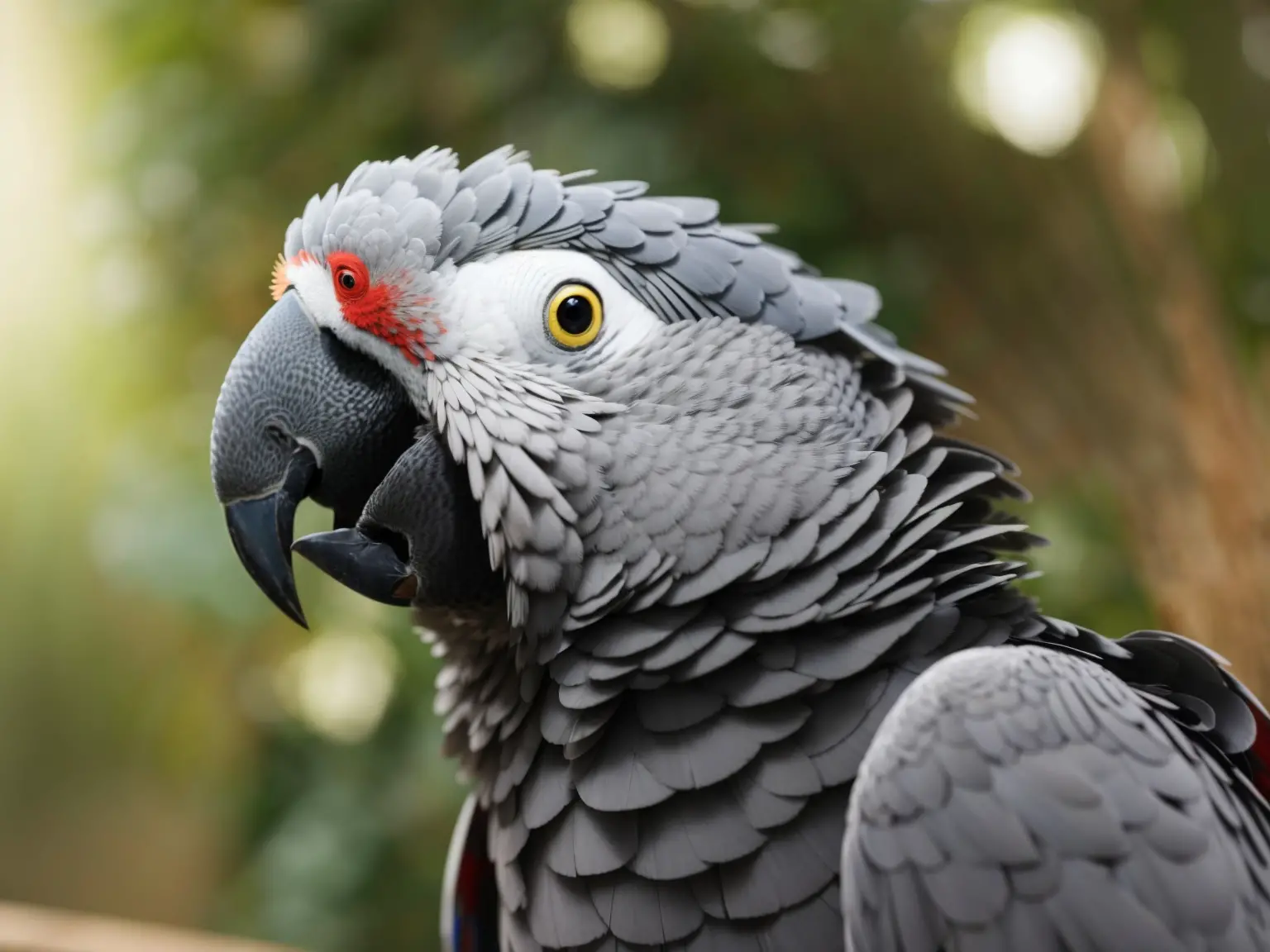
Natural habitat and origin
African grey parrots are native to the dense rainforests of West and Central Africa. They can be found in countries such as Ivory Coast, Ghana, Cameroon, and the Democratic Republic of Congo.
These parrots thrive in the lush vegetation and high canopies of the rainforest, where they are skilled climbers and excellent fliers.
Their natural habitat provides them with a variety of fruits, nuts, seeds, and vegetation to forage on. They also have the ability to mimic sounds and vocalizations, which helps them communicate with their flock members and navigate their environment.
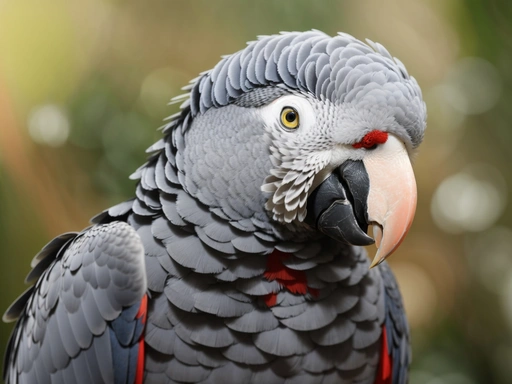
Diet in the wild
In the wild, African Grey Parrots have a varied diet consisting mainly of fruits, nuts, seeds, and vegetation.
They also consume wild flowers, bark, and insects.
This diverse diet provides them with essential nutrients, vitamins, and minerals necessary for their overall health and well-being.
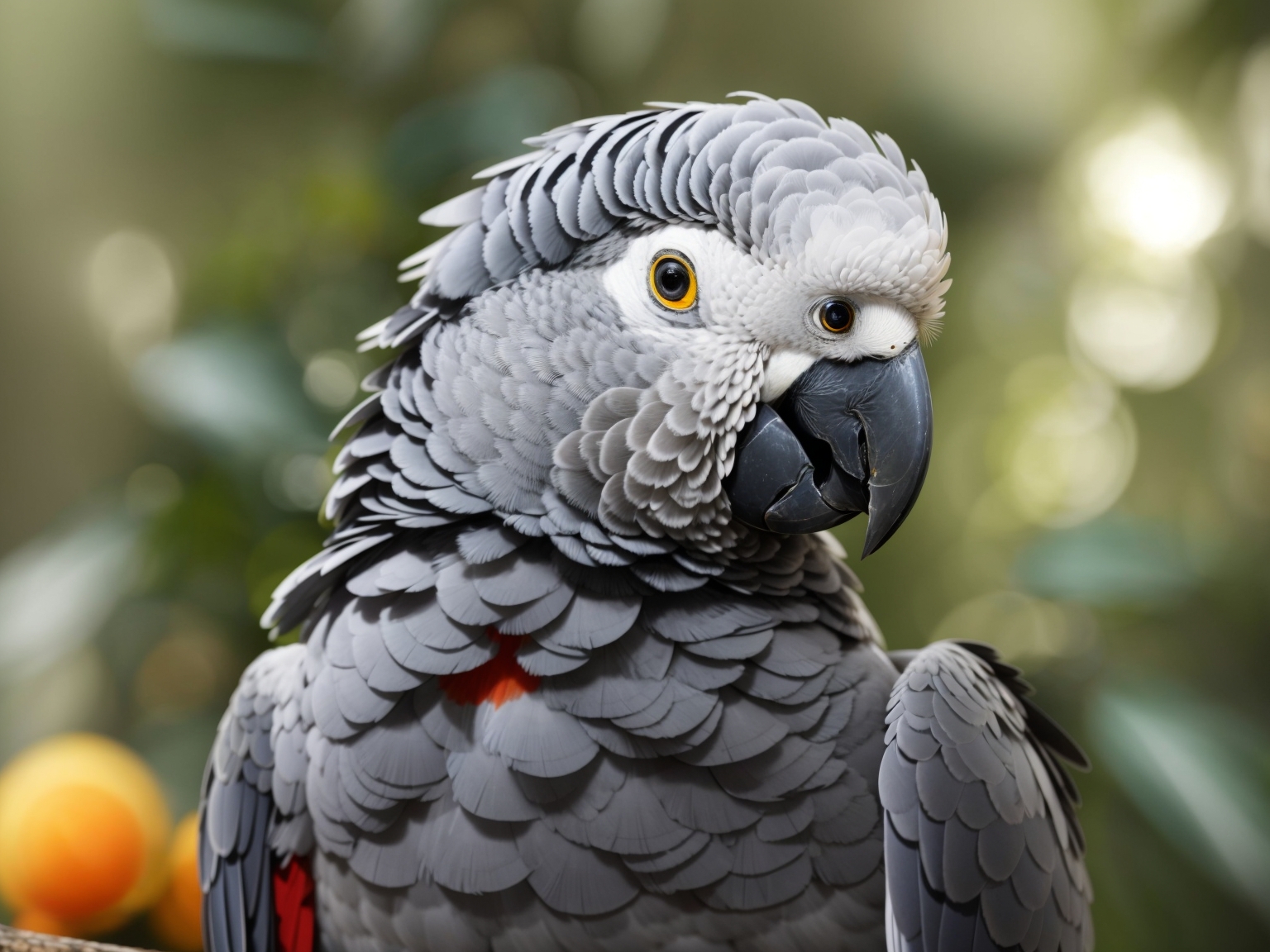
The Importance of a Balanced Diet for African Grey Parrots
A balanced diet is vital for African Grey Parrots to maintain optimum health and well-being.
Understanding their nutritional requirements is key.
Why a balanced diet is essential
A balanced diet is essential for African Grey Parrots because it provides them with the necessary nutrients to thrive and maintain good health.
It ensures their immune system is strong, their feathers are vibrant, and their organs function properly.
Without a balanced diet, parrots may suffer from malnutrition, weakened immune systems, and various health issues.
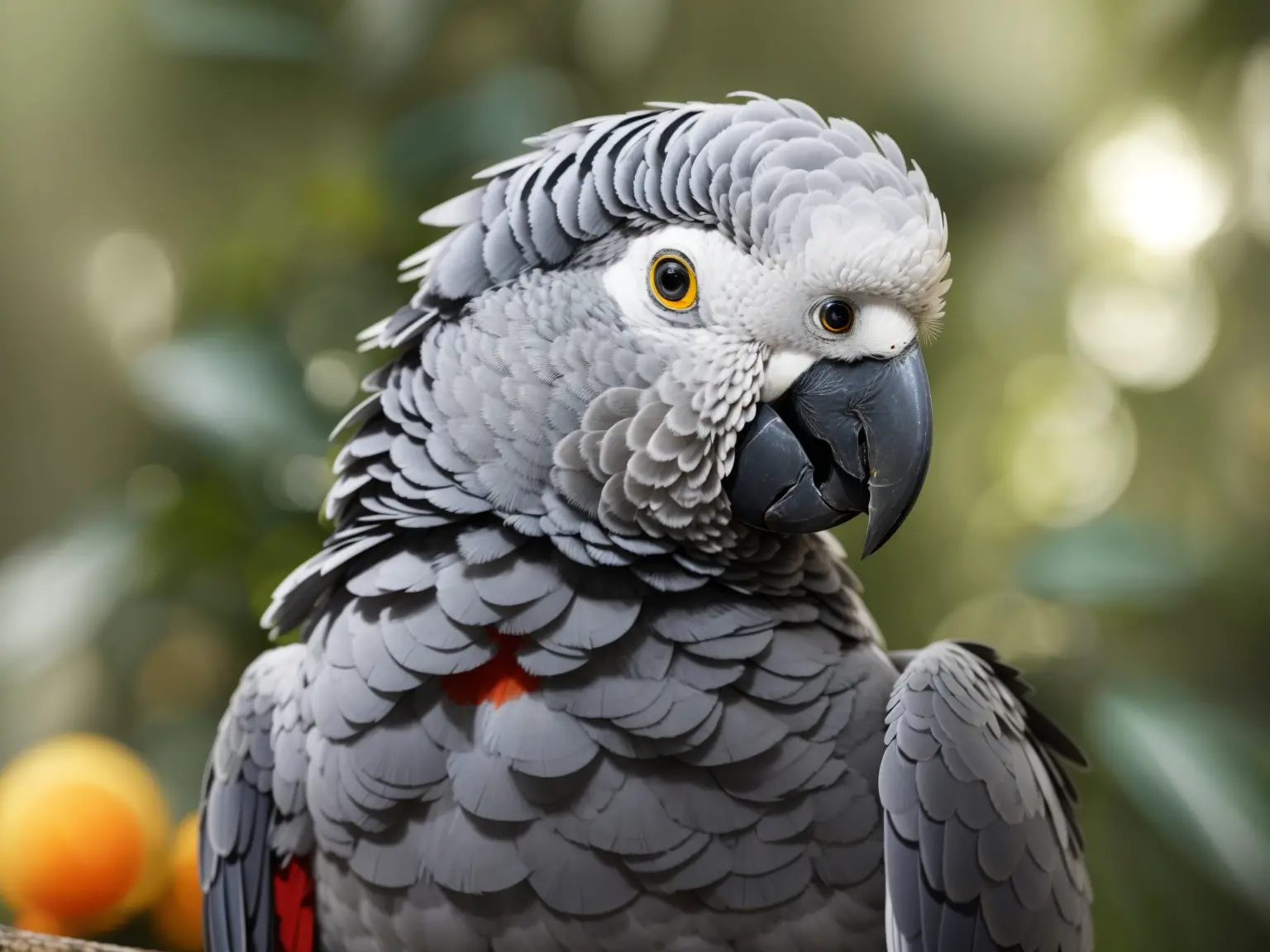
Nutritional requirements of African Grey Parrots
African Grey Parrots have specific nutritional requirements for overall health. They need a balanced diet that includes a variety of foods.
This includes a good-quality pellet or seed mix, fresh fruits and vegetables, whole grains, and a source of protein.
They also need essential vitamins and minerals like vitamin A, calcium, and omega-3 fatty acids. It’s important to provide a varied diet to meet their nutritional needs and avoid health issues.
Consequences of an imbalanced diet
An imbalanced diet for African Grey Parrots can lead to various consequences. One major issue is malnutrition, which can weaken their immune system, stunt their growth, and lead to serious health problems.
It can also affect their feathers, causing them to become dull and brittle.
Additionally, an imbalanced diet can lead to behavioral issues, such as aggression or feather plucking. It is important to provide a well-balanced diet to ensure their overall health and well-being.
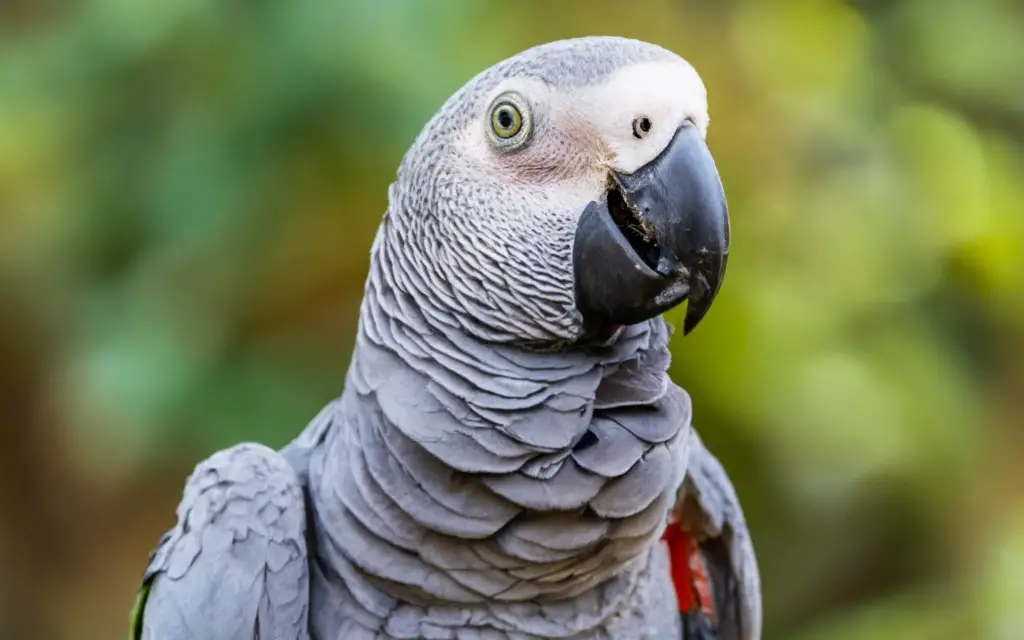
Fruits in the Diet of African Grey Parrots
Including fruits in the diet of African Grey Parrots has many benefits for their overall health and well-being. Some suitable fruits for them are apples, grapes, and berries.
Benefits of including fruits in the diet
Including fruits in the diet of African Grey Parrots offers numerous benefits.
Fruits are packed with essential vitamins, minerals, and antioxidants that support overall health and strengthen the immune system.
They provide hydration, aid digestion, and contribute to a shiny feather coat.
Plus, fruits add variety and enrichment to their diet.
Suitable fruits for African Grey Parrots
Suitable fruits for African Grey Parrots include apples, oranges, berries, bananas, pears, and grapes.
These fruits are rich in essential vitamins, fiber, and antioxidants.
Just make sure to remove any seeds or pits before feeding them to your parrot.
Remember to offer a variety of fruits in moderation to maintain a balanced diet.
Nutrients found in fruits
Fruits provide essential nutrients for African Grey Parrots, such as vitamins, minerals, and antioxidants. Some fruits are rich in vitamin C, which boosts the immune system.
Others contain vitamin A for healthy eyes and skin.
Fruits also offer dietary fiber, which aids digestion. These nutrients contribute to the overall health and well-being of your parrot.
Can African Grey Parrots Eat Watermelon?
African Grey Parrots can enjoy watermelon as a safe and tasty treat.
Watermelon as a safe fruit for African Grey Parrots
Yes, African Grey Parrots can safely enjoy watermelon as a fruit in their diet.
Watermelon is not toxic to them and can be a healthy addition to their meals.
It is important to remember to remove any seeds and the rind before feeding it to your parrot.
Watermelon provides hydration and contains essential vitamins and minerals for their overall health.
However, it is essential to offer watermelon in moderation and alongside a balanced diet to ensure they receive all the necessary nutrients.
Nutritional value of watermelon for parrots
Watermelon is a safe and tasty treat for African Grey Parrots.
It contains high water content that helps keep them hydrated.
It’s also a good source of vitamins A, C, and B6, as well as essential minerals like potassium.
Just remember to remove the seeds and rind before offering it to your parrot.
Precautions and considerations
When feeding watermelon to African Grey Parrots, it’s important to take some precautions and considerations.
Firstly, remove all seeds and the tough outer rind before giving it to your parrot to avoid choking hazards.
Secondly, introduce watermelon gradually to check for any adverse reactions or allergies.
Lastly, remember to offer watermelon in moderation as part of a balanced diet, alongside other fruits and nutritious foods.
How to Safely Feed Watermelon to African Grey Parrots
To safely feed watermelon to African Grey Parrots, prepare it by removing seeds and rind, serve in small pieces as a treat, and monitor for any signs of overfeeding or allergies.
Preparing the watermelon
To prepare watermelon for your African Grey Parrot, start by washing the fruit thoroughly to remove any dirt or pesticides.
Next, cut the watermelon into small, bite-sized pieces that are easy for your parrot to consume.
Make sure to remove any seeds or tough rind before offering it to your parrot.
Remember to serve the watermelon in moderation as part of a balanced diet.
Serving size and frequency
African Grey Parrots can enjoy watermelon as a treat, but it’s important to serve it in moderation. Offer small, bite-sized pieces as part of their overall fruit intake.
Aim for a frequency of 1-2 times per week to avoid overfeeding and ensure a balanced diet.
Pay attention to any signs of allergies or digestive issues.
Other Fruits to Include in the Diet of African Grey Parrots
Apart from watermelon, there are other fruits that can be included in the diet of African Grey Parrots.
Recommended fruits for African Grey Parrots
Recommended fruits for African Grey Parrots include apples, bananas, grapes, and berries. These fruits provide essential nutrients like vitamins, minerals, and antioxidants.
However, it’s important to offer fruits in moderation and as part of a balanced diet.
Be sure to wash fruits thoroughly and remove any seeds or pits before feeding them to your parrot.
Variety and moderation in fruit consumption
Variety and moderation are key when it comes to including fruits in the diet of African Grey Parrots. It’s important to offer a diverse selection of fruits to ensure a range of nutrients.
However, it’s equally crucial to feed fruits in moderation to prevent excessive sugar intake.
A good rule of thumb is to offer fruits as occasional treats rather than a staple in their daily diet. This approach helps maintain a balanced and healthy diet for your feathered friend.
Frequently Asked Questions about African Grey Parrots’ Diet and Watermelon
Can African Grey Parrots eat the seeds and rind of watermelon?
No, African Grey Parrots should not eat the seeds and rind of watermelon. The seeds can be a choking hazard, and the rind is difficult to digest.
Stick to feeding them the juicy flesh of the watermelon for a safe and tasty treat.
Can watermelon replace the need for other fruits in an African Grey Parrot’s diet?
Watermelon alone cannot replace the need for other fruits in an African Grey Parrot’s diet. While it is safe and nutritious, it lacks certain essential nutrients found in other fruits.
It is important to provide a variety of fruits to ensure a well-rounded and balanced diet for your parrot.
Are there any fruits that African Grey Parrots should avoid?
African Grey Parrots should avoid avocados, cherries, and tomatoes due to their toxic components.
These fruits can be harmful to their health.
It’s important to always research the safety of any fruit before introducing it into their diet.
Final Verdict
African Grey Parrots can safely enjoy watermelon as part of their balanced diet. Watermelon provides essential nutrients and hydration, promoting overall health and well-being.
However, it is important to prepare and serve the watermelon properly, avoiding seeds and rind.
Variety is key in a parrot’s diet, so while watermelon is a great addition, it should not replace other fruits. Monitoring for allergies and overfeeding is crucial to ensure the bird’s health.
By incorporating watermelon and a variety of fruits, you can provide your African Grey Parrot with a nutritious and delicious diet.

